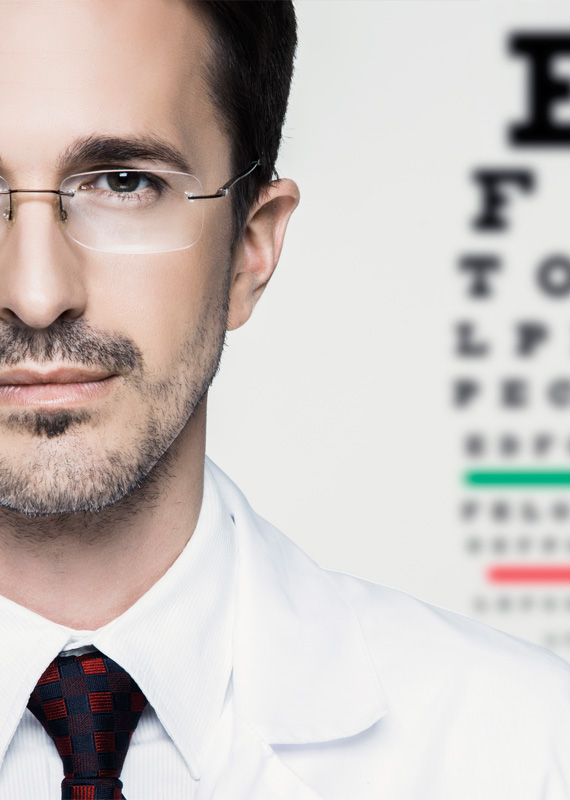Evidence-based medicine seeks to apply the best available evidence gained from scientific research to medical decision-making. To make the practice of evidence-based medicine more of a reality, Decision-Maker PLUS provides clinical decision support tools like the Case Report Directory at the point-of-care.
Case reports provide a detailed narrative of the symptoms, signs, diagnosis, treatment, and follow-up of a specific patient. Because case reports are a type of anecdotal evidence, they are considered the lowest level of evidence in scientific research. However, because they allow for the study of disease mechanisms and play an important role in medical education, case reports serve as the foundation of evidence-based medicine.
The case reports in Decision-Maker PLUS establish a step-by-step approach for delivering quality eye care. They close the gap between clinical knowledge and clinical practice and help to drive improvements in patient care outcomes.
Eye doctors must integrate a large variety of clinical data to take care of their patients. The process of care is called medical decision-making and it is accomplished by performing the following functions during a patient encounter:
- Deciding what information to gather
- Determining and excluding differential diagnoses
- Deciding which diagnostic tests to order
- Interpreting the test results
- Prescribing a treatment program
A study of the case reports in Decision-Maker PLUS will help to improve a doctor’s decision-making skills. Other functions and benefits of utilizing the Case Report Directory include the following:
- Promotes use of best practices
- Presents population-based management guidelines
- Supports clinical diagnoses and treatment plan processes
- Supports clinical coding and documentation
- Physicians Quality Reporting System (PQRS)
- Modifiers
- Bundles and exclusions
- Incentive payment reporting under the HITECH Act




